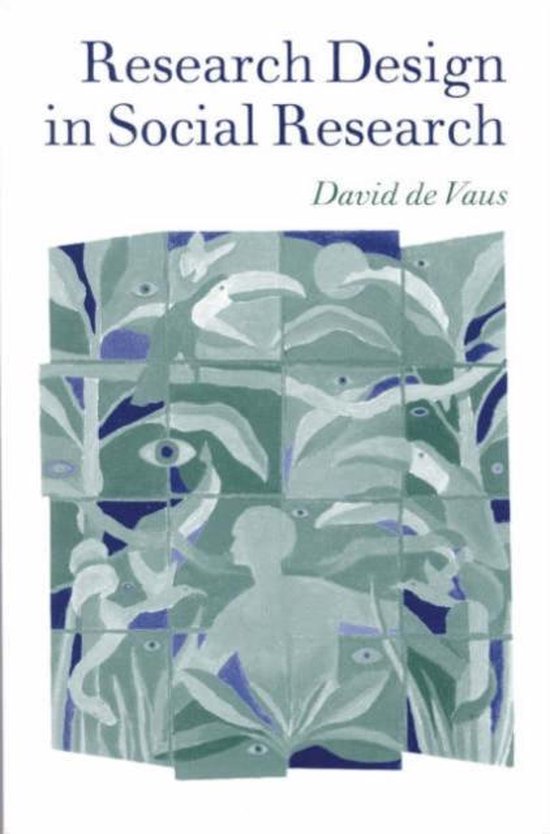
Research Design in Social Research
`With this book David de Vaus has written one of the best general research methods textbooks around. The use of different types of research design as the point of departure is a different and very helpful approach to take, especially since many textbooks confuse issues of method and design. The author outlines with great clarity a wide variety of issues, including testing theories, causation, data analysis, and the main considerations involved in using the different research designs covered. Both students and their instructors will find this an extremely valuable, well-written book′ - Professor Alan Bryman, University of Loughborough
`A wonderful opportunity for research design students and practitioners to think more about the planning and process of research design′ - Forum for Qualitative Social Research
This book is intended to show social science students the importance of attending to design issues when undertaking social research. One of the main problems in doing practical research is that design and structure are inappropriate for the uses of research. They often do not support the conclusions that are drawn from it. Several research methods books focus on data collection strategy and statistical analysis. While these issues are pertinent, this book argues that the core of research methods is the structure and design of the research. The book:
- provides students with a clear understanding of the importance of research design and its place in the research process.
- describes the main types of research designs in social research.
- explains the logic and purposes of design to enable students to evaluate particular research strategies
- equips students with the design skills to operate in real world research situations
The book is divided into five parts. Part One explores issues about types of research, research concepts, research questions, causality and basic issues in the design process. The remaining four parts focus on different types of research design. Experimental, longitudinal, cross-sectional and case-study methods are clearly and systematically examined, and their strengths and weaknesses are described.
The result is a one-stop critical guide to design in social research that students and researchers will find invaluable.
| Auteur | | David de Vaus |
| Taal | | Engels |
| Type | | Hardcover |
| Categorie | | Mens & Maatschappij |